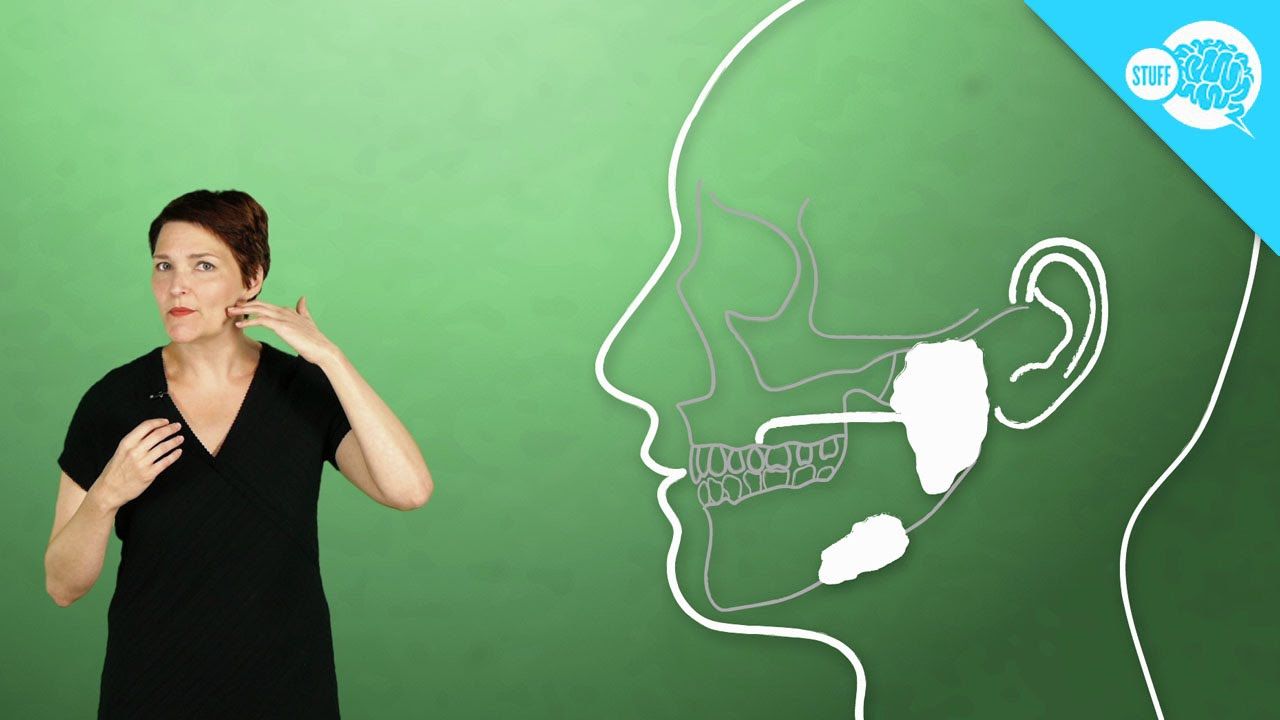Why is it that a cut on your finger seems to last for days, but a cut in your mouth is usually healed by morning? There are a lot of factors at play, but 2017 research found one intriguing answer that could benefit more than just your mouth: there’s a molecule in your saliva that can help grow new cells.
Scientists already knew that saliva contains a peptide called histatin-1 that fights off bacteria and aids in wound healing. For a 2017 study published in the FASEB Journal, Chilean researchers set out to discover exactly how the little molecule helped heal wounds. In a series of experiments, they added histatin-1 to chicken embryo cells and several types of human blood-vessel cells, and watched what happened.
There are many steps that have to happen for a wound to heal. New skin cells have to form and migrate from the wound’s edges little by little to cover the whole thing like a Band-Aid. Active cells called fibroblasts move in, too, helping to produce collagen, elastin, and other proteins that the new skin will need. The body also starts regrowing blood vessels, which boosts blood flow to the wound and makes it heal even faster.










Comments are closed.